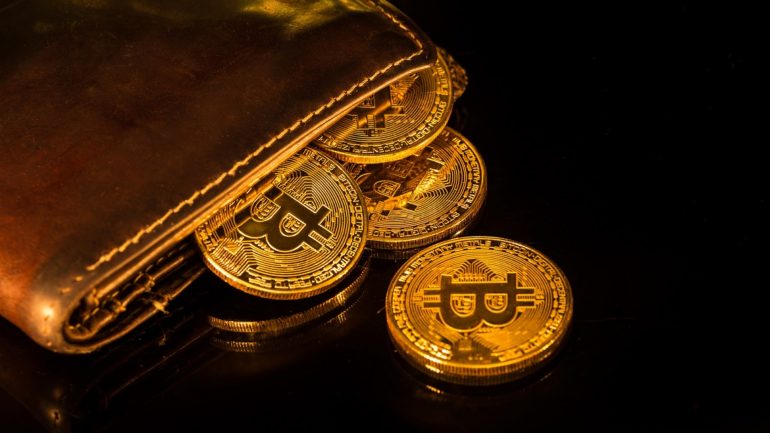The crypto market has grown immensely over the past few years, as highlighted by the fact that a growing number of investors — from all over the globe — have continued to flood this yet evolving space. And while the market may be going through a bit of a lull at the moment, the total capitalization of this space scaled up to a staggering $3T just six odd months ago.
However, this monumental rise hasn’t been without its fair share of security-related issues. To this point, the industry has recently faced a rising number of undesirable scenarios that have seen investors forego their hard-earned assets to miscreants. Conservative estimates suggest that over the past decade, a total of $12B have been lost as part of various security breaches, frauds, etc.
As per reports, the most popular method of crypto theft has been the infiltration of crypto-exchange security systems that, more often than not, use hot wallets to secure their client’s assets. As a quick recap, hot wallets are crypto storage units that connect to the internet and link to a live digital asset network (such as an exchange, cryptocurrency ecosystem, etc.).
Functionality-wise, most hot wallets are capable of sending/receiving digital assets while also offering other peripheral features such as staking, swapping, etc.
Here’s why choosing the right crypto wallet is of utmost importance…
According to prominent on-chain data analysis/monitoring firm Crystal Blockchain, over the course of 2019-2020 alone, crypto thefts amounted to a whopping $5B, with most of these cases being directly as a result of miscreants gaining illegal access to hot wallets. As a result, many high-quality storage solutions have emerged recently.
ParallelWallet is one such option. It is a Web3 wallet mobile app whose native security protocols have become stronger via the use of a ‘multi-biometric authentication’ module. Specifically, users must create a unique bio-key (one that uses a combination of their face, palm, and voice biometrics) using which they can access their assets.
Furthermore, unlike regular hot wallets that require their owners to remember a long 12 or 14 phrase in case they forget their passwords, ParallelWallet allows for account recovery using one’s personal biometric data. Additionally, the application does not have direct access to its user’s funds since all of the data storage is in a non-readable format on a user-specific ParallelChain blockchain.
The problem with today’s Web3 wallets
With a growing amount of money flowing through the Web3 space with each passing day, a lot of issues with existing crypto wallet solutions are starting to become quite apparent. For example, security breaches of private keys — whose storages are usually on pieces of paper, password managers, offline/online documents, etc. — are becoming increasingly more common. And, since many of today’s popular wallets (such as Metamask and Rainbow Wallet) leave it up to their users to keep track of their login credentials, rising instances of people losing access to their assets are beginning to spring up all over the globe.
In this regard, solutions like ParallelWallet are only accessible to their rightful owners thanks to biometric technology. Also, unlike traditional crypto wallets with limited functionality, ParallelWallet offers a plethora of use cases. For instance, apart from crypto asset storage, it allows users to buy, sell and mint NFTs at extremely low fees. Furthermore, its native design that focuses on scalability allows its usage as a high-performance smart contract platform that is capable of processing complex logic and GameFi tokenomics.
The future of safety lies with biometrics
While most crypto proponents advise investors to make use of hardware wallets to safeguard their assets, the recent case of Trezor’s highly-rated One wallet being broken into (without a pin, key phrase, etc) by well-respected white-hat hacker ‘Kingpin’ raised a lot of questions regarding the safety of these devices.
Therefore, moving forward, it is likely that more people will opt to use security protocols that use personal biometric data. This is because biometric data is completely unique to them and there’s no existing technology that can replicate them.

